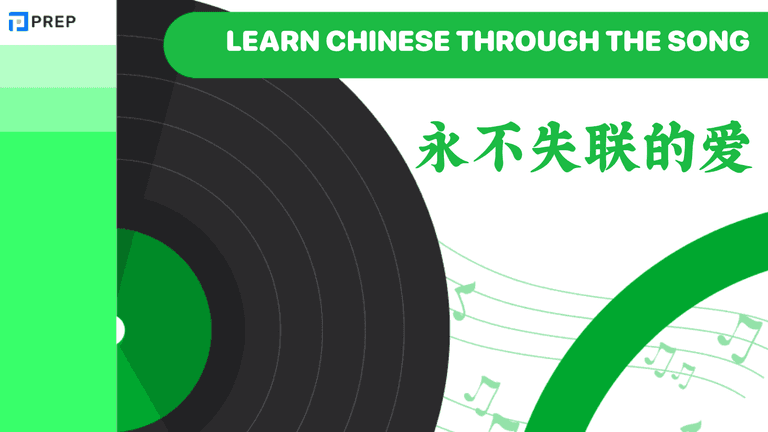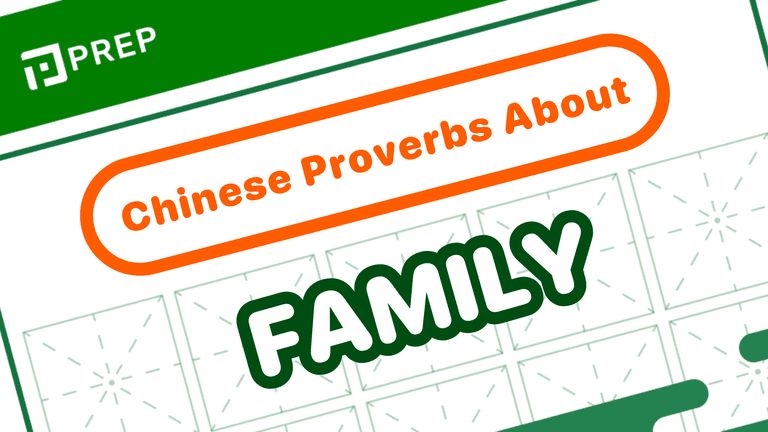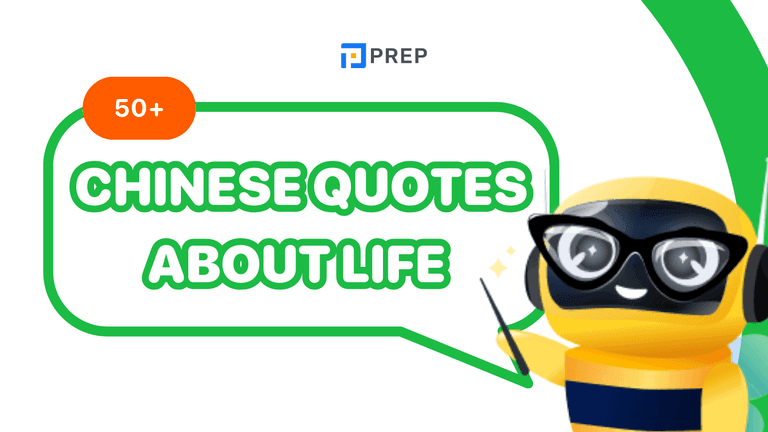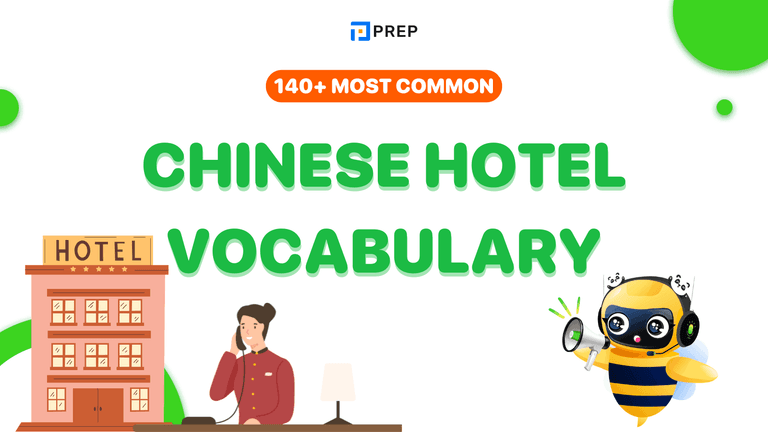Greetings in English: Types, Examples and Meanings
Master the art of greetings in English! This guide explains formal, informal, time-based, and business greetings with examples and dialogues. Discover how to greet people correctly in various situations and understand cultural differences between the UK and the US.

I. Types of Greetings in English
In English communication, a greeting is the first thing we say when we see or meet someone. It is more than just a social custom — it sets the tone for the entire conversation. Whether you’re simply saying “Hi” to a friend or writing a formal email to a client, using the right type of greeting can help create a positive impression and establish rapport.
There are different types of greetings in English depending on the formality, the time of day, the context, and the relationship between the speakers. Choosing an appropriate greeting shows not only language proficiency but also cultural awareness and emotional intelligence.
Understanding and mastering these varieties will help you greet others naturally and appropriately in any situation — from casual small talk to formal networking events.
You can also explore good night wishes in english for more real-life expressions.
1. Formal Greetings in English
Formal greetings are used in professional, academic, or polite social settings — especially when meeting someone for the first time, communicating with authority figures, or writing business correspondence. Using the proper formal greeting shows respect, courtesy, and cultural awareness in English-speaking environments.
|
Greeting Phrase |
When to Use |
Example Sentence |
|
Good morning. |
Before 12 p.m., in formal or professional settings |
Good morning, Mr. Lee. I’m here for the 9 a.m. interview. |
|
Good afternoon. |
Between 12 p.m. and 6 p.m., during meetings or calls |
Good afternoon, everyone. Let’s begin the session. |
|
Good evening. |
After 6 p.m., when meeting or addressing formally |
Good evening, ladies and gentlemen. Welcome to the seminar. |
|
How do you do? |
Traditional and highly formal — often used in the UK or formal events |
(A: How do you do? — B: How do you do?) A polite, non-personal exchange. |
|
It’s a pleasure to meet you. |
When meeting someone for the first time, in business or formal introductions |
It’s a pleasure to meet you, Professor Wilson. |
|
Nice to meet you. (formal tone) |
Neutral/formal alternative in first meetings |
Nice to meet you. I’ve heard great things about your work. |
|
I hope you’re doing well. |
Common in formal emails or business letters |
Dear Dr. Nguyen, I hope you’re doing well. |
|
Good to see you again. |
More formal than “Hi again,” used in professional reunions |
Good to see you again, Ms. Carter. How have you been? |
Notes:
-
Tone matters: even a casual phrase like “Nice to meet you” can sound formal depending on your tone, posture, and setting.
-
Avoid slang, contractions (e.g. “What’s up?”, “How’s it going?”), and overly personal questions in formal greetings.
Using appropriate formal greetings helps you create a professional tone from the start and avoid sounding too casual or unprepared in important situations.

To expand your expression range, you may also review ways to say goodbye in english for closing a conversation confidently.
2. Informal Greetings in English
Informal greetings are used in casual, friendly situations, typically when talking with people you know well — such as friends, classmates, family members, or close colleagues. These expressions are relaxed, conversational, and help you sound more natural and approachable in everyday English.
|
Greeting Phrase |
When to Use |
Example Sentence |
|
Hi |
Universal casual greeting, for anyone you know |
Hi Sam! How was your weekend? |
|
Hey / Hey there |
Very casual, friendly, often for younger people |
Hey! Long time no see. |
|
Hello (informal tone) |
Slightly more neutral; depends on tone |
Hello! You made it! |
|
What’s up? / Sup? |
Slang, used with friends (not for formal contexts) |
What’s up, man? You look tired. |
|
How’s it going? |
Friendly way to ask “How are you?” informally |
Hey, how’s it going? Ready for class? |
|
Yo |
Very casual/slangy, often in urban or youth settings |
Yo! What are you up to today? |
|
Hiya / Heya (UK informal) |
Friendly British informal greeting |
Hiya! Want to grab lunch? |
|
Good to see you! |
Friendly and warm, used when meeting someone again |
Good to see you! It’s been a while. |
|
Howdy! (regional – US) |
Very informal, sometimes humorous |
Howdy, partner! Just got back from Texas. |
Notes:
-
Tone and facial expressions are key to using informal greetings naturally.
-
Use these only in friendly, relaxed settings — they may sound unprofessional in business situations.
-
Avoid slang like “Yo” or “Sup” in emails, job interviews, or with seniors.
Mastering informal greetings allows you to connect better with others and sound more fluent in everyday conversation.
Pair your greetings with polite thank you phrases in english to sound more natural.
3. Time-Based Greetings
Time-based greetings are greetings that change depending on the time of day. They are commonly used in both formal and informal situations and are especially useful in spoken English, business settings, and even in emails. Using the correct greeting based on the time helps you sound respectful, polite, and culturally aware.
|
Greeting |
Time of Day |
Example Sentence |
Usage Tips |
|
Good morning |
From around 6:00 AM to 12:00 PM |
Good morning, everyone. Let’s start the meeting. |
Used in both formal and informal settings. Often used in emails to open politely. |
|
Good afternoon |
From around 12:00 PM to 6:00 PM |
Good afternoon, sir. How can I help you? |
Common in business, customer service, or meetings held after lunchtime. |
|
Good evening |
From around 6:00 PM to 10:00 PM |
Good evening, ladies and gentlemen. Welcome to our event. |
Polite and formal. Often used in public speaking and official gatherings. |
|
Good night |
Typically used before going to sleep |
Good night! See you tomorrow. |
Not a greeting — it’s a farewell. Don’t use it to begin a conversation. |
Notes:
-
“Good night” is often confused with “Good evening” but they serve different purposes:
-
Good evening = greeting at night
-
Good night = saying goodbye at night or wishing someone sleep well
-
-
Time-based greetings are more formal than “Hi” or “Hey” but can still be friendly depending on tone.
Using time-appropriate greetings helps you sound more natural and thoughtful in both personal and professional interactions.
4. Business and Professional Greetings
Business and professional greetings are essential when communicating in formal work environments — whether face-to-face, in writing, or through virtual communication. Using appropriate greetings in these contexts reflects professionalism, respect, and cultural competence. It also helps set a courteous and confident tone from the very beginning of an interaction.
|
Greeting Phrase |
When to Use |
Example Sentence |
|
Good morning / Good afternoon |
To greet colleagues, clients, or guests based on the time of day |
Good morning, Mr. Patel. Thank you for joining us. |
|
It’s a pleasure to meet you. |
First-time professional introductions |
It’s a pleasure to meet you. I’ve heard a lot about your work. |
|
Nice to meet you. |
Neutral but respectful, often in spoken, live settings |
Nice to meet you. I’m Sarah, the marketing coordinator. |
|
I hope this message finds you well. |
Common email opening line |
Dear Ms. Chen, I hope this message finds you well. |
|
I’m pleased to connect with you. |
Email/LinkedIn or networking introductions |
I’m pleased to connect with you regarding the upcoming project. |
|
Thank you for taking the time to meet with me. |
After initiating or confirming a professional meeting |
Thank you for taking the time to speak with us today. |
Pro tips for business/professional greetings:
-
Avoid over-casual phrases like “Hey” or “What’s up” in work emails and first-time meetings.
-
In emails, your greeting is usually followed by a salutation (e.g., Dear Mr. Smith, Hello Ms. Lee), paired with a warm opening sentence.
-
Tone should match the relationship: more reserved in the beginning, but may become more relaxed over time.
Mastering professional greetings allows you to make a solid first impression and communicate respectfully across cultures — especially in formal and global business environments.
II. Greetings and Responses in Real Conversations
Learning individual greeting phrases is important, but knowing how to use them in full conversations is what truly helps you speak English naturally. In real-life situations, greetings are often followed by short exchanges, small talk, or introductions — and how you respond depends on the level of formality, the relationship, and the context.
Greeting and Responding in Casual Situations
Common context: Talking with friends, classmates, or neighbors.
Example Dialogue:
A: Hey! How’s it going?
B: Not bad, thanks! What about you?
A: Pretty good. Just finished work.
Notes:
-
Informal greetings are often accompanied by relaxed body language.
-
It's common to ask “How are you?” or “What’s up?” even if the conversation just continues casually.
Greeting Someone in a Formal or First-Time Meeting
Common context: First-time business meeting, interview, or speaking to someone older.
Example Dialogue:
A: Good afternoon. My name is David Lee. It’s a pleasure to meet you.
B: Good afternoon, Mr. Lee. Nice to meet you too.
Notes:
-
Start with a time-based greeting (e.g., “Good morning”).
-
Add a professional introduction and polite phrasing.
-
Appropriate handshake or nod may accompany the greeting.
Greeting Someone After a Long Time
Common context: Catching up with an old friend or colleague.
Example Dialogue:
A: Hi Maya! Wow, it’s been ages!
B: I know! So great to see you again. How have you been?
Tips:
-
Use expressions like “It’s been a while” or “Long time no see”
-
Follow up immediately with a friendly question (e.g., “How have things been?”)
Greetings Over the Phone or Video Call
Common context: Business call, job interview, friend call.
Example (Formal – phone):
A: Good morning, this is Richard from GlobalTech. May I speak with Ms. Sanchez?
B: Good morning, Richard. This is she speaking.
Example (Informal – video call):
A: Hey! Can you hear me clearly?
B: Yep, loud and clear! How’s it going?
Tips:
-
For formal calls, always begin with a structured introduction.
-
For casual calls, a relaxed tone and smile go a long way.
In some cultures, jumping straight to a question (especially in messages or workplaces) can sound rude. Starting with a simple phrase like “Hi, hope you’re well” is a polite way to begin almost every conversation — whether written or spoken.
You can also enrich interactions by using english compliments appropriately.
III. Cultural Differences in Greetings
While greetings like “Hello” or “Good morning” are widely taught as standard English expressions, the way people greet each other in real life can vary significantly depending on culture, country, and context. Understanding these cultural differences not only improves your language skills, but also helps you become more respectful and effective in cross-cultural communication.
Greetings in the UK and the US
Although both the UK and the US are English-speaking countries, their greeting styles can differ slightly in formality, phrase choice, and social expectation.
🇬🇧 In the UK:
-
People often say “Hello,” “Hi,” or “Alright?” (short for Are you alright?)
-
“How do you do?” can still be heard in formal British settings.
-
Greetings are often more reserved and polite.
-
Physical contact (like hugs or kisses) is less common with strangers or in professional settings.
🇺🇸 In the US:
-
“Hi,” “Hey,” and “What’s up?” are common even in new or casual interactions.
-
Americans tend to be more open, energetic, and expressive in greetings.
-
Friendly physical touch (like casual handshakes, pats on the back, even hugs) is more widely accepted.
-
First names are used sooner, even in professional environments.
Tip: When in doubt, start formally. You can always adjust your tone based on how the other person responds.
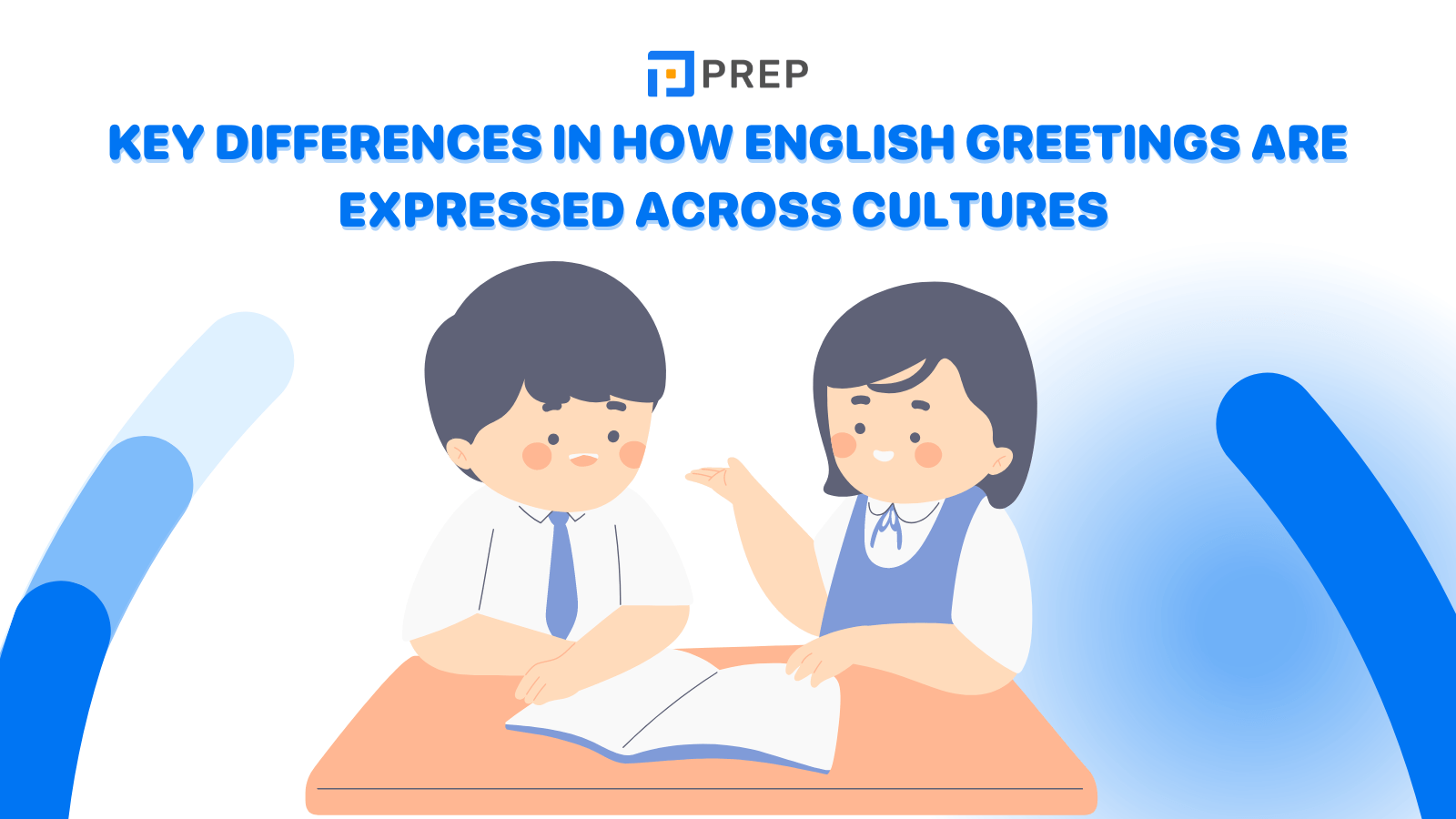
Greeting Gestures and Body Language
Different cultures have different non-verbal traditions that go along with greetings. Being aware of these can help avoid awkward moments or unintended disrespect.
|
Culture / Region |
Common Greeting Gesture |
Important Notes |
|
Japan |
Bowing |
The deeper the bow, the more respectful it is. Avoid direct eye contact during the bow. |
|
France |
Air kisses on the cheek |
Common between acquaintances, but varies by region and closeness. Usually 2–3 kisses. |
|
Middle East |
Handshake (light), or right-hand only |
Always use the right hand. Avoid physical contact with the opposite gender unless clearly invited. |
|
Thailand |
Wai gesture (palms pressed, slight bow) |
Used with “Sawasdee.” Show more respect by raising hands higher and bowing lower. |
|
India |
Namaste (palms together + slight bow) |
Often used instead of handshakes — especially in formal or traditional settings. |
|
Latin America |
Hug or cheek kiss |
Friendly and warm greetings are common. Personal space is closer than in Western cultures. |
-
You may explore practical english conversation examples to apply these greetings naturally.
Language and Formality in Cross-Cultural Greetings
Even if two people are both speaking English, cultural norms may influence:
-
How quickly first names are used
-
Whether small talk is expected before getting to the main topic
-
How direct or indirect the greeting should be
-
If a follow-up question ("How are you?") is literal or polite
For example:
-
In the US, “How are you?” is often a polite formula — people don’t expect a full answer.
-
In some other cultures, it’s taken more literally, and ignoring the question may seem rude.
Final tip: When greeting someone from a different culture, observe their tone, body language, and initial greeting — and mirror it respectfully. It shows that you are aware, considerate, and globally minded.
-
Building broader skills through learn english communication can support smoother international interactions.
IV. Start Your IELTS Journey
As mentioned above, PREP has collected a variety of common greetings in English for different situations that you may encounter daily. If you are looking to fast-track your IELTS success? Check out these proven study plans:
-
IELTS preparation course: Master Every Section of IELTS

Hi I'm Chloe, and I am currently serving as an Product Content Administrator at Prep Education. With over five years of experience in independent online IELTS study and exam preparation, I am confident in my ability to support learners in achieving their highest possible scores.
Comment
Premium content
View allPersonalized roadmap
Most read





